These years of the Ecole Normale were an ordeal. Nothing was handed to me on the first try
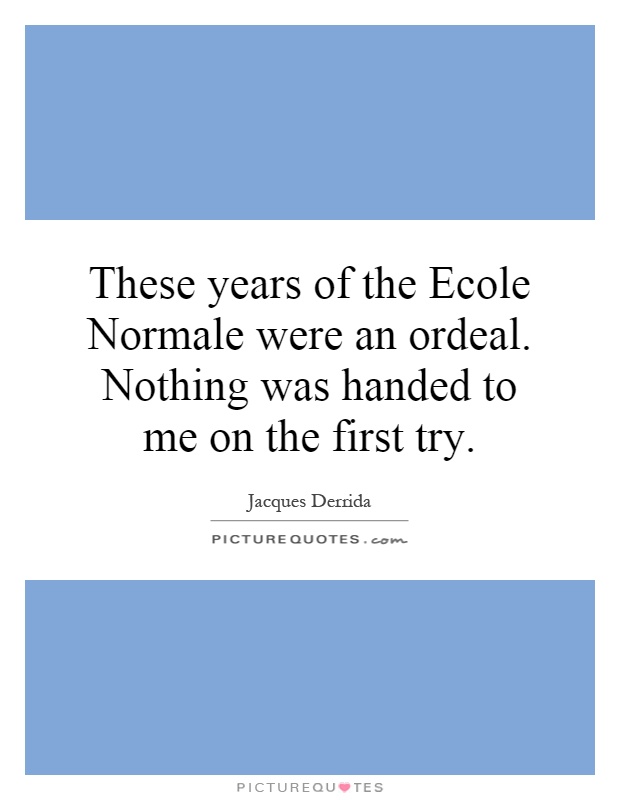
These years of the Ecole Normale were an ordeal. Nothing was handed to me on the first try
Jacques Derrida, a prominent French philosopher known for his deconstructionist approach to language and meaning, famously reflected on his time at the Ecole Normale as an ordeal. Derrida's experience at the prestigious institution was marked by challenges and setbacks, as he struggled to find his place in the academic world.Derrida's admission that "nothing was handed to me on the first try" speaks to the difficulties he faced in his early years as a student and aspiring philosopher. Despite his intelligence and passion for philosophy, Derrida found himself grappling with the complexities of the subject matter and the expectations of his professors. He was not a natural prodigy, effortlessly excelling in his studies; instead, he had to work tirelessly to understand the material and develop his own unique perspective.
The Ecole Normale, with its rigorous curriculum and demanding faculty, pushed Derrida to his limits. He was constantly challenged to think critically, question assumptions, and engage with difficult philosophical concepts. This process of intellectual struggle and growth was not easy for Derrida, but it was essential in shaping his approach to philosophy and his groundbreaking work in deconstruction.
Derrida's admission of the difficulties he faced at the Ecole Normale also reflects his humility and honesty as a thinker. He was not afraid to acknowledge his struggles and failures, recognizing that they were an integral part of his intellectual development. By embracing the challenges he encountered, Derrida was able to push himself to new heights of creativity and innovation, ultimately revolutionizing the field of philosophy with his deconstructive theories.
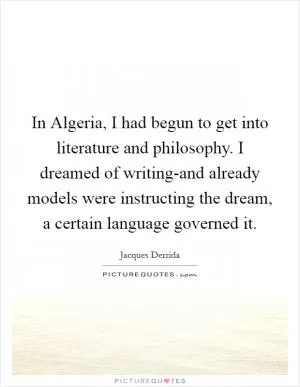
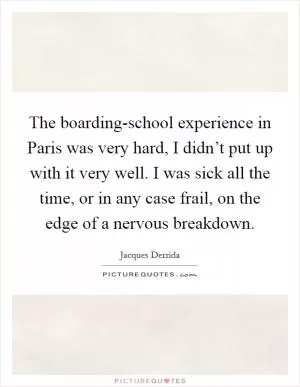
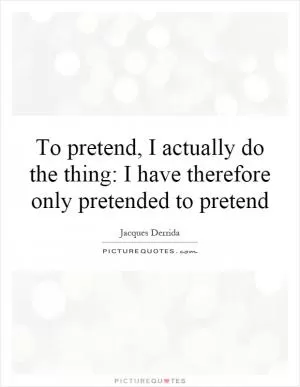

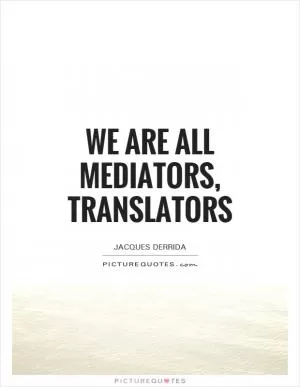




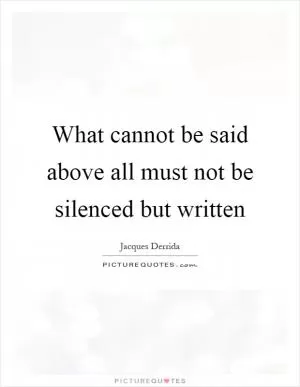


 Friendship Quotes
Friendship Quotes Love Quotes
Love Quotes Life Quotes
Life Quotes Funny Quotes
Funny Quotes Motivational Quotes
Motivational Quotes Inspirational Quotes
Inspirational Quotes